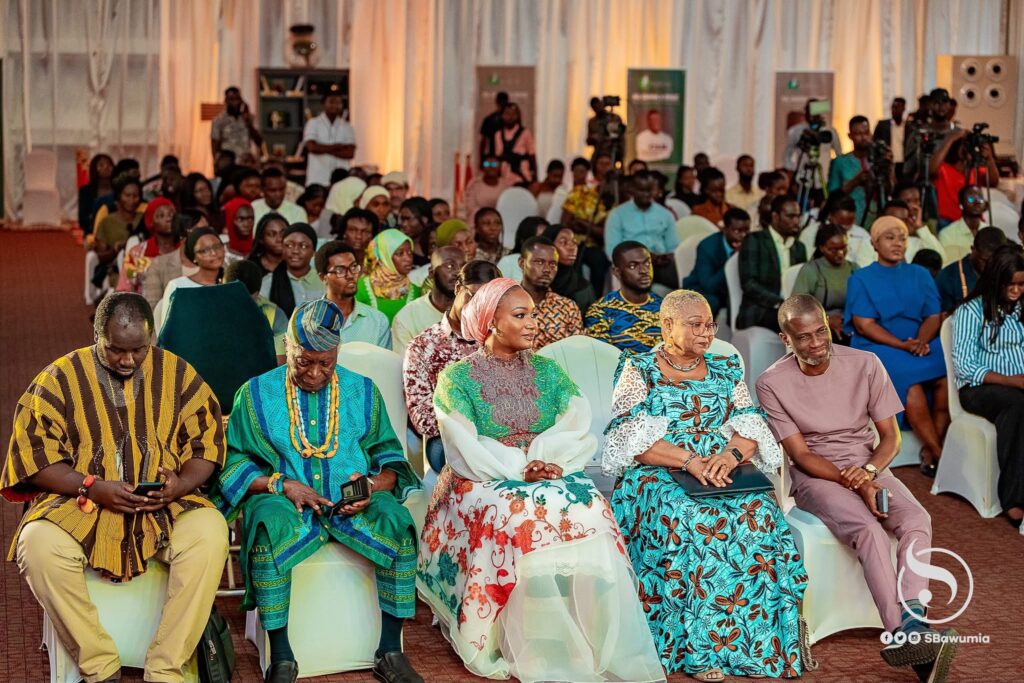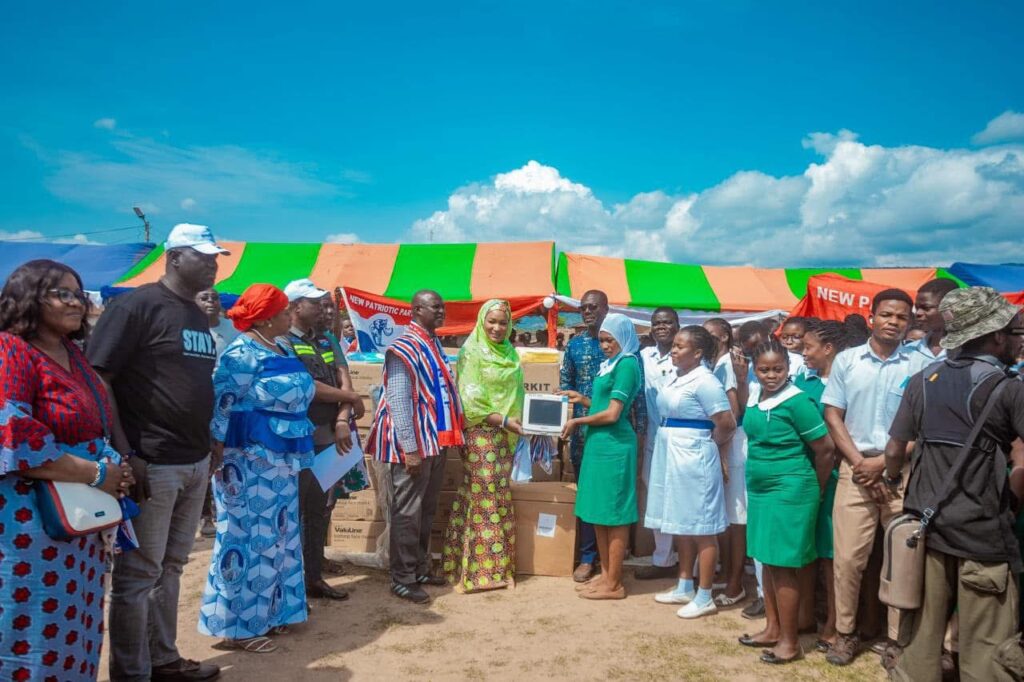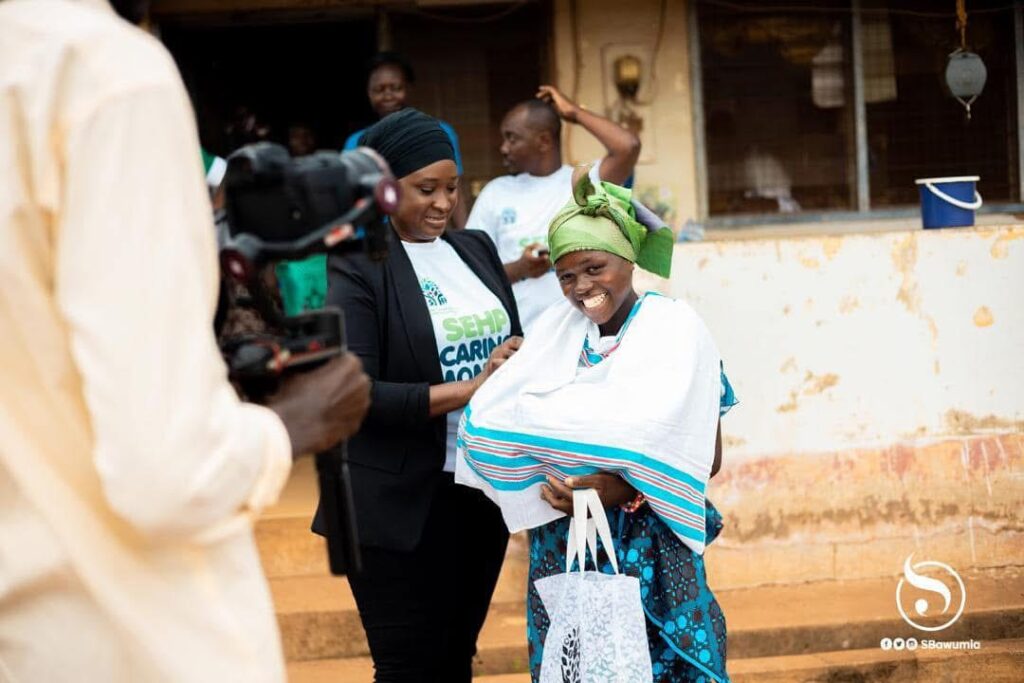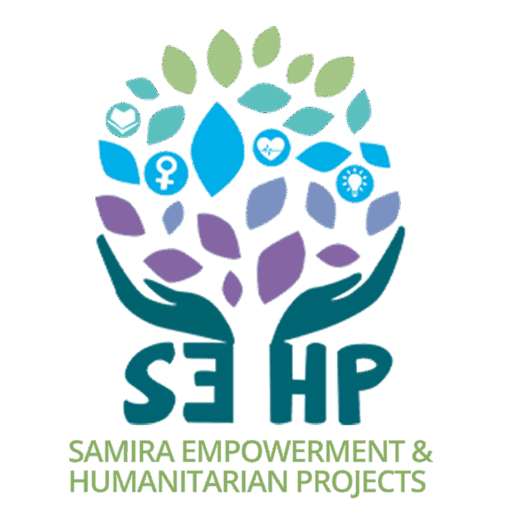ABOUT US
The Samira Empowerment & Humanitarian Projects (SEHP)
Who We Are
The Samira Empowerment & Humanitarian Projects (SEHP) is a not-for-profit organization committed to improving the lives of women, children and youth in under-served communities across Ghana. We believe in the promise of the potential of all Ghanaians, and are dedicated to making sure that no one is left behind in actualizing their potential. It is for this reason that the team at SEHP is focused on developing and implementing culturally-competent social interventions across health, education and the economic empowerment of particularly women.
vision

The Samira Empowerment & Humanitarian Projects (SEHP) mission is threefold:
- To provide relevant and vital health interventions to secure a healthy future.
- To enhance literacy, improve learning outcomes and grow a generation of critical thinkers who can compete globally.
- To facilitate self-sufficiency in women to help break the cycle of poverty
mission

To create an equitable world in which every Ghanaian child, woman and youth is healthy, educated and has equal access to opportunities to realize their fullest potential.
Our Core Values

- Service: We exist to serve the needs of the most vulnerable in ways that address the root of their challenges, while affording them personal dignity
- Integrity: We remain true to our cause and cultivate and maintain honest relationships with all stakeholders.
- Respect: We welcome diverse perspectives, talents and work cooperatively to achieve set objectives
Our Strategy
At Samira Empowerment and Humanitarian Projects (SEHP), our strategy is rooted in a people-centered, inclusive, and sustainable approach to development. We prioritize empowering vulnerable groups—particularly women, children, and youth—by addressing their unique challenges through collaborative, context-driven interventions. Our strategy is anchored in the following pillars;
- Stakeholder Engagement
- Community-driven Needs Assessment
- Development of culturally-competent interventions
- Partnerships
- Impact Assessment

